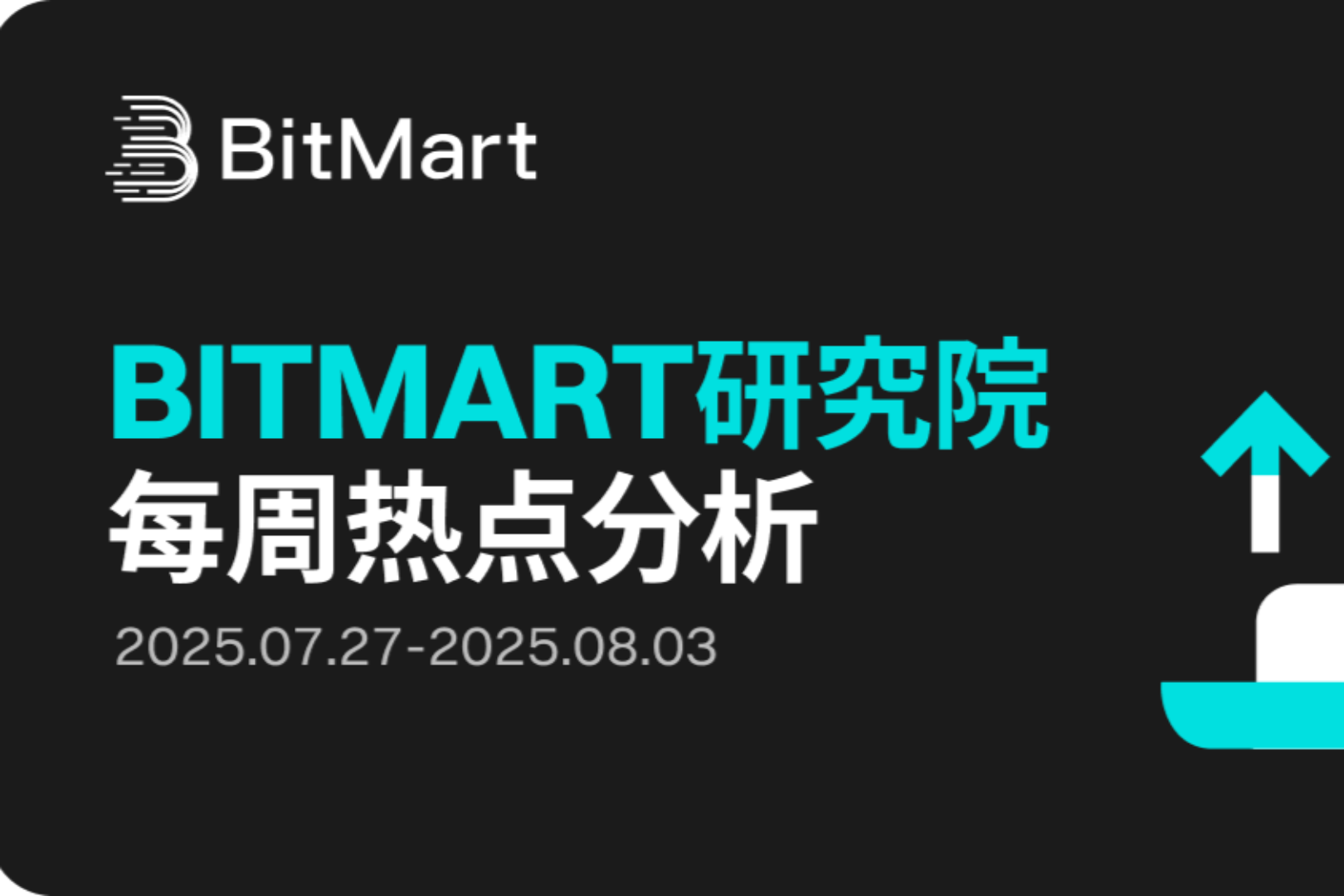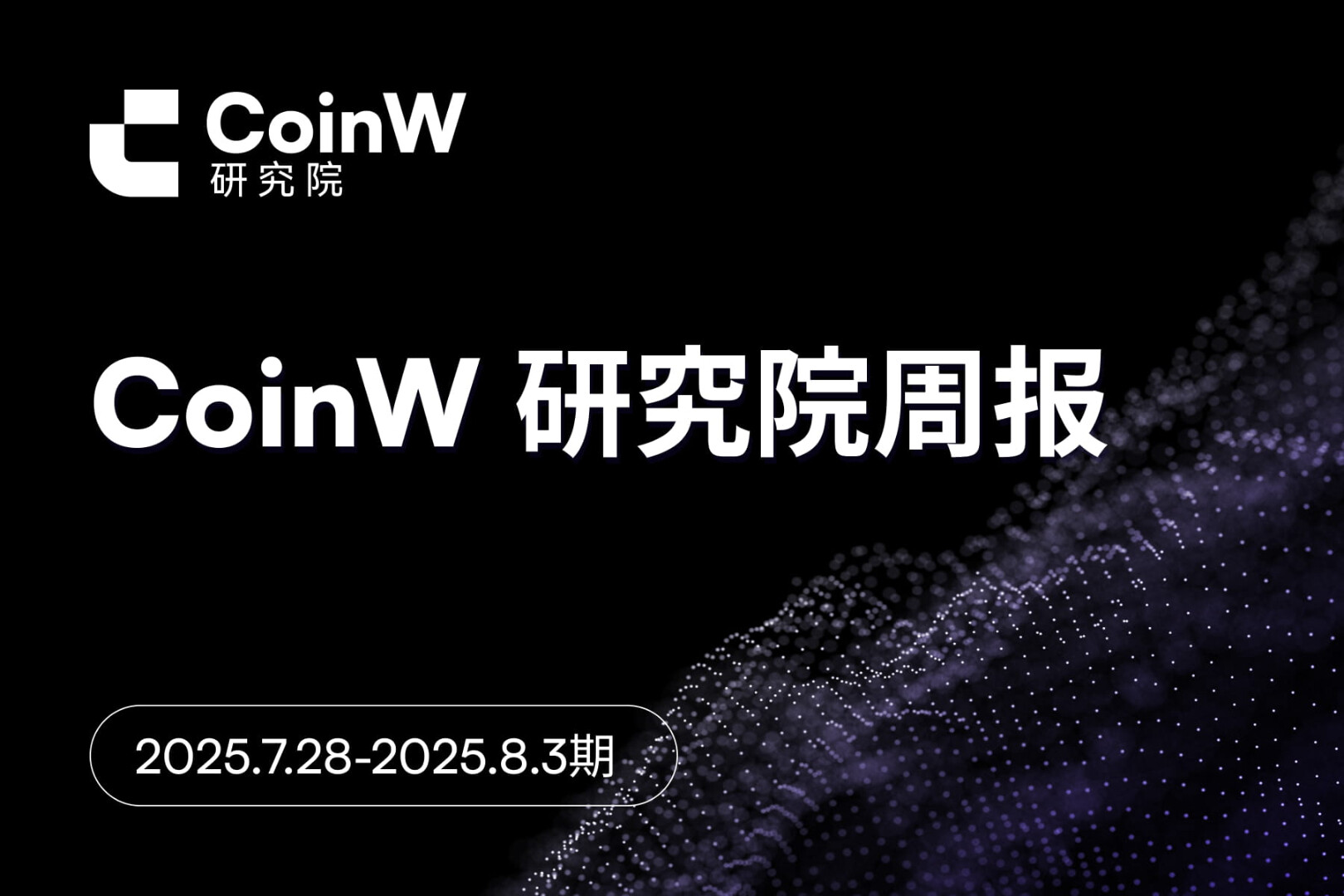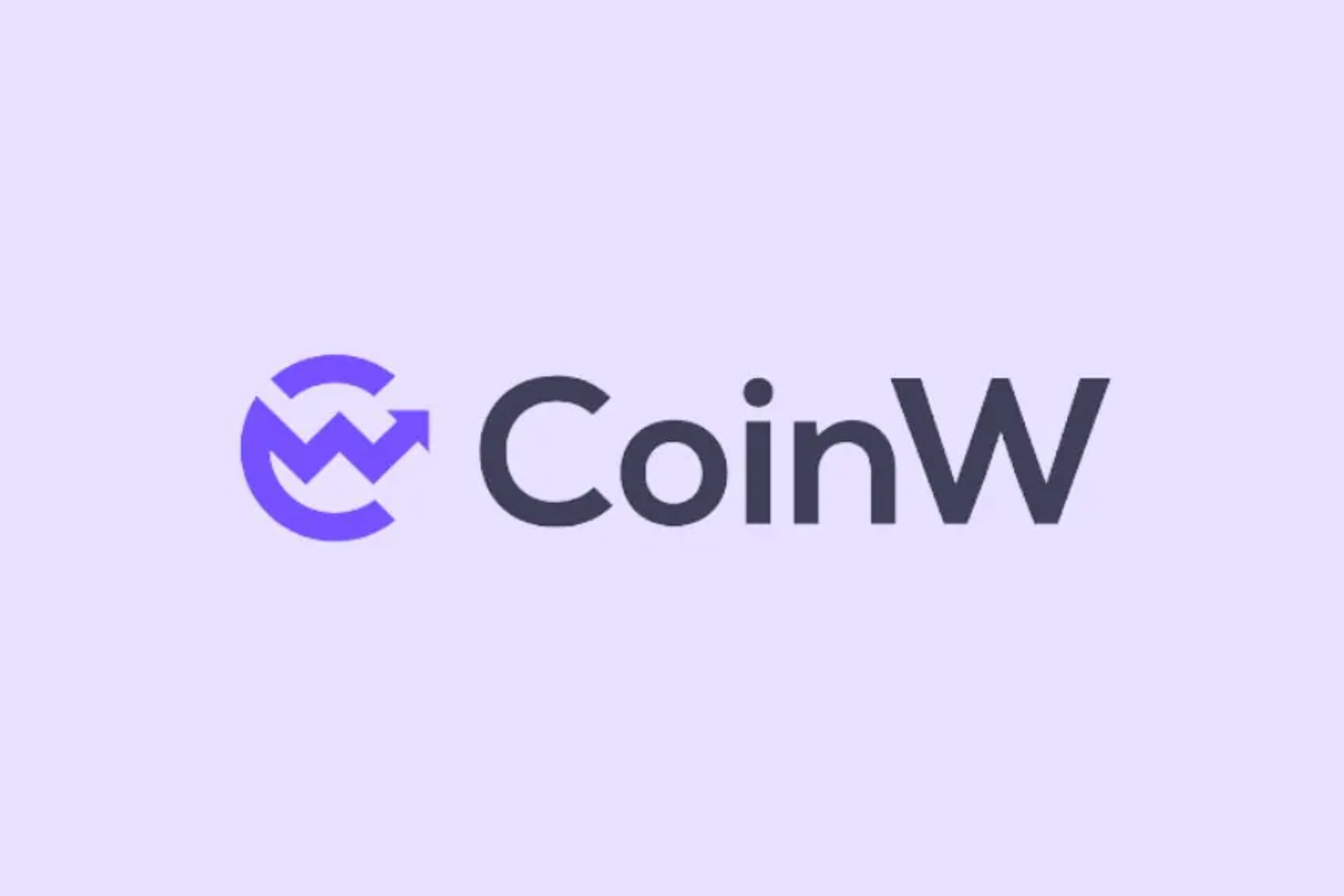
Blockchain technology has the power to increase financial inclusion and transform the lives of many around the world, especially in emerging economies where it is needed most. While the potential of blockchain technology has been widely recognized, even among the harshest critics of Bitcoin (BTC) itself, possible use cases for blockchain technology are often considered to be limited to the financial industry.
While the distributed ledger system created alongside Bitcoin has strong use cases in the world of currencies and assets, the value in which can now be transferred digitally without any intermediary or risk of duplication, as ownership is immutable and provable, But these same applications can translate to many other industries beyond finance.
secondary title
Blockchain technology, streaming and royalties
So, how is blockchain changing the music industry? One of its most notable impacts is the ability to remove middlemen from the music sales and streaming process. While the streaming platform has changed the way music is consumed and made it more widely available to listeners, it has also created a whole new intermediary between artist and fan.
The music streaming industry is certainly a stark step forward, offering a cost-effective, user-friendly alternative to piracy, allowing artists to earn royalties for their work. However, with this shift, it is undeniable that differences in the distribution of royalties have been exposed. Like many things, the distribution of royalties to artists resembles a Pareto chart, with a very small number of artists receiving the majority of music traffic and thus royalties.
secondary title
Empowering Artists
While it is impossible to completely fix the problem of uneven distribution, improving conditions for emerging artists can make a huge difference and create a more diverse market. It could also help shift the control currently held by third-party intermediaries such as labels and platforms, which wield considerable influence over what music gets heard.
Blockchain-based music streaming platforms are trying to solve this problem. For example, Opus utilizes two distinct peer-to-peer networks, completely eliminating middlemen and providing a fully decentralized streaming platform. Opus uses the InterPlanetary File System, or IPFS, which is a P2P network for file sharing and storage, and users of the network also act as servers. As a result, all streaming-related hosting costs are virtually eliminated.
secondary title
Simplify the music industry
Other platforms such as Mediachain, Musiclife, eMusic, and others are also focusing on the same royalty issue and using similar techniques to effectively offer a larger slice of the pie to independent artists. At the same time, blockchain technology is also emerging as an easy and streamlined way for independent artists to deal with other aspects of the industry that can often be challenging for budding artists. wrote in a report by Opus.
"Given the small scale of operations and low financial independence, small artists need to have a high level of financial and legal knowledge to ensure their own financial stability."
New York-based Ujo offers a decentralized music ownership database where artists can not only upload their work and earn 100% of sales and tips at no cost, but also connect with each project's Partners automatically share accounts. Another project from the US"Open Music Project"(Open Music Initiative) uses blockchain technology to identify the identity of music rights holders. It has attracted companies such as Soundcloud, Sony, YouTube, Spotify and Netflix to become members, fully demonstrating the influence of this technology.
In a 2017 article for Harvard Business Review, Imogen Heap—the British singer, songwriter, record producer, and audio engineer—recalls an incident in which a visual artist used Imogen Heap's A 30-second clip of a song, and all videos were taken down by Vimeo. According to her, blockchain technology can help, and is already helping, with these problems. She wrote:
"secondary title"
A new source of income for artists
Blockchain is already improving the way artists, especially independent artists, get paid, increasing their holdings, while also simplifying the copyright and distribution process of works, and this is not the end. Blockchain technology already allows musicians to mine another key category of income for independent artists: highly engaged communities.
Independent and up-and-coming artists often have a strong sense of community, and this sense can translate into a steady stream of financial support from fans. this is a"Support local artists"mentality, which may explain why, according to Opus, 32% of the market share of physical and digital music sales goes to independent labels. It is well known that concerts and merchandise are also a large part of revenue, but blockchain technology now offers new ways to explore this further.
Luxembourg-based startup ANote Music announced earlier this week that it will launch a blockchain-based platform that will offer artists a new way to access funds by allowing users to invest in music royalties. Launched on June 28, the platform will also seek to enable listeners to leverage their musical insights by buying and trading music royalty shares on the secondary market. Marzio Schena, co-founder and CEO of ANote Music, explained it to me at the time."Our goal is to unlock the hidden value in music for investors and artists by creating a stock trading platform for music capital."
The aforementioned platform Ujo allows users to sell digital badges that support artists and serve as"collectible"secondary title
reward fans
Blockchain-backed projects could also create monetary rewards for music fans, making the whole experience more interactive and rewarding. While some platforms like eMusic reward fans with exclusive content and lower prices, other methods are in use. Choon, for example, rewards listeners for curating personalized playlists, and Viberate rewards fans with its native VIB token for contributing to its database of artists, venues, and events. The Inmusik platform also has a similar system, rewarding users with voice coins ($OUND) for voting on artist rankings.
While platforms such as Viberate already host more than 450,000 artists, a spectacular number, industry giants are also experimenting with new blockchain-based incentive models—most notably, one of the industry's three biggest labels One Warner Music Group. According to an article published by Forbes, Warner Music has joined an $11.2 million investment in a new blockchain network called Flow, created by Dapper Labs. Jeff Bronikowski, head of Apple's global strategic music program and former senior vice president of business development at Warner Music, told Cointelegraph."secondary title"
The Future of Blockchain in Music
So, will blockchain technology help shift control and revenue back into the hands of artists? Progress seems to have been made, but there is also a lot of room to grow. Artists will be attracted by relatively high income, and the same is true for listeners, who can now even enjoy incentives themselves through some of these decentralized platforms.
These improved incentives for artists and fans could help drive blockchain adoption in the music industry, and the industry's previous mistakes could play a key role in pushing artists toward the new and improved system.




